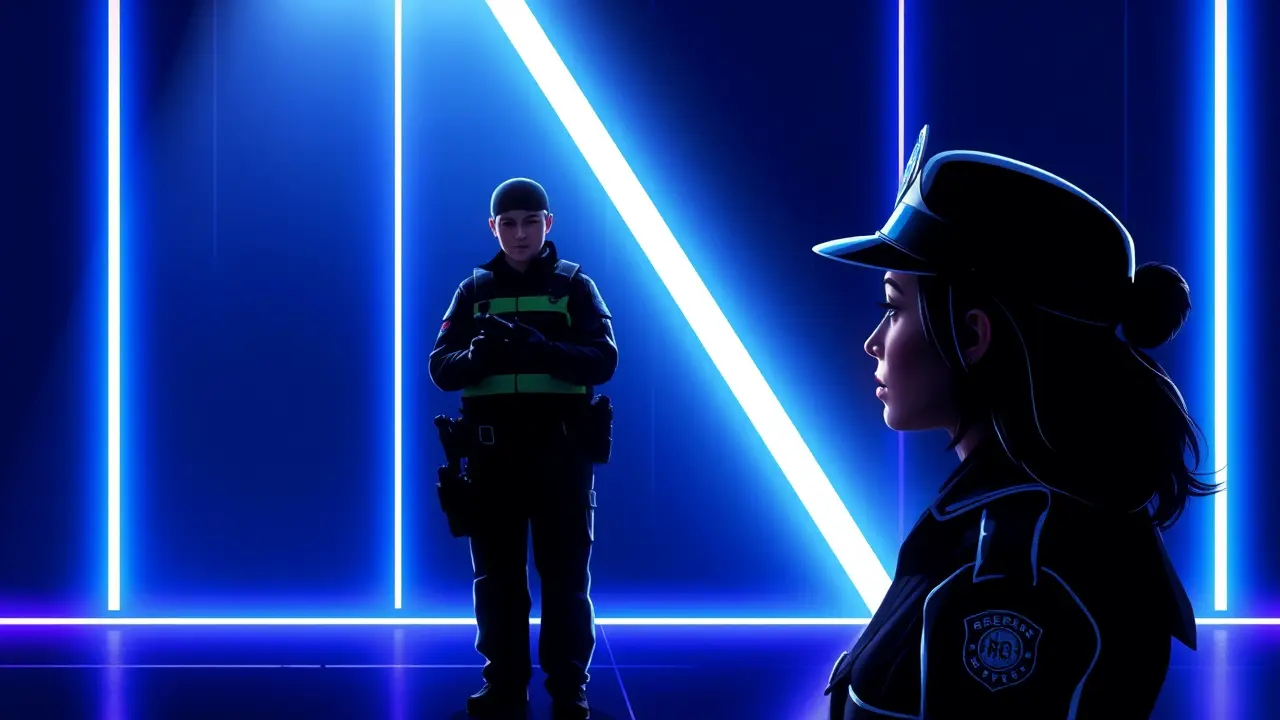Andrey Nazarov: Hockey Gaining Popularity in Russia
The strange case of the phantom goal that never was—Andrei Pedan's controversial third-period marker for SKA against Avtomobilist on October 13th, a 2-1 victory later overturned when replay officials determined the puck had entered through the net's exterior—has paradoxically become the kind of marketing coup the Kontinental Hockey League (KHL) could never have engineered intentionally. According to former KHL coach Andrey Nazarov, this officiating controversy, rather than being a black mark, has catalyzed an unprecedented surge in hockey's popularity across Russia, momentarily eclipsing the national obsession with football during the international break.This phenomenon is reminiscent of how a contentious offside call or a debated red card can dominate global football discourse for weeks, transforming a single match incident into a cultural touchstone that draws casual observers into the sport's intricate narrative. In the football world, we often analyze how such moments—like Maradona's 'Hand of God' or Lampard's disallowed goal against Germany—transcend the game itself, becoming pivotal points that redefine rivalries and fan engagement; Nazarov posits that Pedan's ghost goal has achieved a similar effect for Russian hockey, generating more media buzz and public conversation in two days than the sport typically sees in a month.The landscape he describes is one of remarkable vitality: Saint Petersburg, traditionally a football stronghold with Zenit, now hosts two fervently discussed KHL franchises, while the intriguing addition of the Chinese project, the Shanghai Dragons, adds a layer of geopolitical and commercial intrigue to the league's expansion, much like the strategic moves of football clubs into new international markets. Nazarov's observation that hockey is becoming a crucial 'escape' for people amidst an overwhelming information age echoes the role football plays in communities worldwide—a unifying, emotional outlet where tribalism and passion provide a respite from daily life.However, his warning is stark and echoes a truth well-known in football's commercial evolution: without a deliberate and sophisticated media strategy, this momentum is fragile. The 'simple standstill and decline in popularity' he forecasts is precisely what befell many domestic football leagues before they embraced global broadcasting, digital content, and superstar cultivation.The heightened attention from Russia's highest political echelons, akin to state-level endorsement of major sporting events like a World Cup, provides a powerful tailwind, but sustained growth demands more than top-down support. It requires the kind of narrative-building that turns players into legends and games into must-see events, the very alchemy that transformed Lionel Messi and Cristiano Ronaldo into global icons whose every move is analyzed with the intensity of a state affair.The rising television ratings Nazarov cites are the initial metrics of success, but the true test will be whether Russian hockey can build a ecosystem of analysis, fantasy leagues, and youth engagement that mirrors the deep-rooted infrastructure of European football. The KHL stands at a crossroads much like the English Premier League in the early 90s, possessing the raw material for a spectacular rise but needing the visionary media plan to capture the imagination of a generation weaned on digital entertainment and short-form content. The ghost goal was a fortunate accident; capitalizing on its aftermath is the real game, and it's one that will be won or lost not on the ice, but in the editorial meetings and digital strategies of the leagues and clubs, a lesson the football world learned decades ago and continues to refine with every passing season.
MA
Markus Thorne123k2 days ago
a phantom goal causing all this buzz is kinda wild tbh the league got lucky with this one
0
MA
Maya Petrova123k2 days ago
wait so a goal that didn't count made the sport more popular idk tbh that's kinda wild
0
